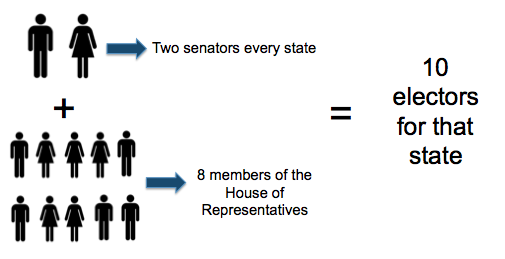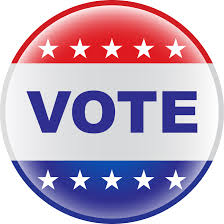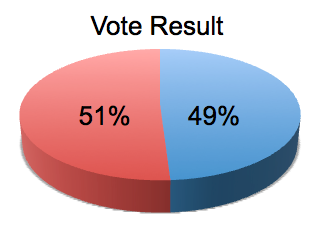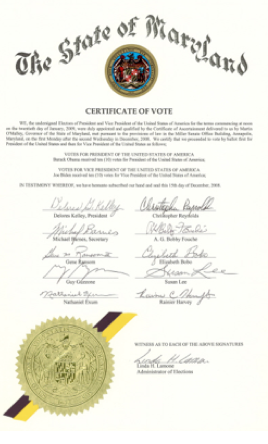Learn It
Americans choose their president in a complicated series of steps that have evolved from Article I, Section 2 of the U.S. Constitution and several amendments. The Constitution authorizes each state to appoint a body of 538 electors — one for each of 435 members of the House of Representatives and 100 Senators; and 3 for the District of Columbia by virtue of the 23rd Amendment Opens a new window.
In a presidential election, the electoral vote, rather than the popular vote, determines who will be the next U.S president.
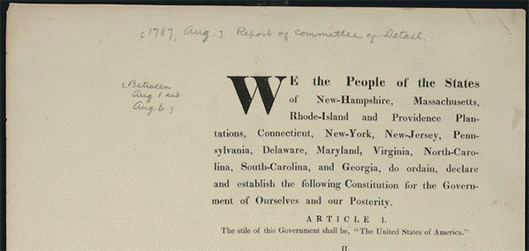
Documents from the Continental Congress and the Constitutional Convention, 1774-1789
Image Credit: The Library of Congress
When voters go to the polls on presidential Election Days, their votes become part of the popular vote. The candidate with the majority of popular votes in a state usually wins the state's electoral votes, but not always. To win the U.S. presidency, a candidate must have the majority of electoral votes across the country.
Watch the slideshow below to learn more about the Electoral College process
The Electoral College
Phasellus vitae pellentesque felis, et lacinia tellus. Mauris bibendum velit libero, ac blandit elit vehicula vitae. Nulla et iaculis sapien, vitae tincidunt justo.
Lorem ipsum dolor sit amet, consectetur adipiscing elit. Quisque congue suscipit sem, et blandit sapien hendrerit non.
